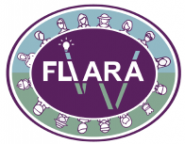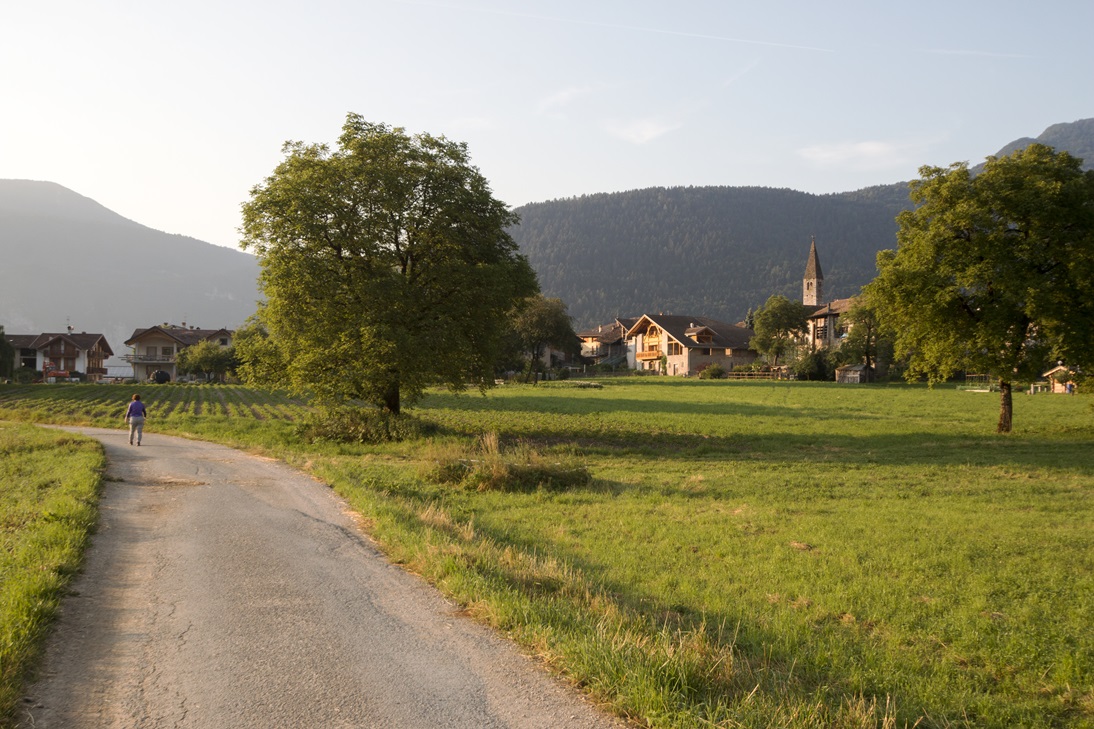In a landmark decision on November 20, 2023, the European Council granted unanimous approval of the conclusions for a comprehensive long-term vision aimed at bolstering the prosperity, resilience, and social fabric of the EU’s rural areas. The approved conclusions provide crucial political guidance to both the European Commission and member states, recognising the pivotal role rural areas play in economic, green, and digital transitions and climate action.
Key Contributions Recognised: The approved set of conclusions underscores the substantial contributions made by rural areas to the EU’s economies and societies. Agriculture ministers unanimously acknowledged the integral role of rural areas in the EU’s economic strength, green and digital transitions, climate action, sustainability, and food security. Furthermore, the conclusions highlight the preservation of cultural heritage within local communities.
Holistic Approach to Multifaceted Challenges: Acknowledging the diversity and complexity of rural areas, the Council stresses the unique challenges faced, including population decline, ageing, gender gaps, limited connectivity, underdeveloped infrastructure, and a scarcity of employment opportunities. The Council calls for a holistic approach, engaging rural citizens in cooperation with local and regional authorities and communities. Emphasis is placed on the importance of local action groups within the LEADER initiative and a bottom-up approach to implementing community-led local development strategies.
Digital Transition and Connectivity: The conclusions highlight the significance of the digital transition, innovation, and connectivity, including broadband coverage. Ministers underscore the crucial role of training opportunities and the development of digital skills.
Investments and Funding: Recognising the importance of investments, ministers call for streamlined funding from EU, national, regional, and local sources. The coherence and synergies of policies and instruments should be enhanced, involving all relevant EU policies and instruments to support rural areas adequately. The Council urges the Commission to establish a monitoring instrument for assessing EU funding supporting rural areas, ensuring coherence and synergies among relevant EU policies and instruments.
Generational Renewal and Women’s Involvement: In response to demographic changes impacting rural areas, the Council calls for solutions to attract young people, including young farmers, and emphasises the need for measures supporting women’s involvement. These measures include facilitating access to funding and land for young people, providing diverse work and training opportunities, and involving women in decision-making.
Next Steps and Future Strategies: The Council urges the Commission to consider developing the vision into a comprehensive EU rural strategy, advocating for a flexible approach with relevant indicators. Additionally, member states are encouraged to actively engage in the Rural Pact, developing strategies and action plans at national, regional, and local levels for the benefit of rural areas.
Background: The Council’s decision builds upon the Commission’s 2021 communication, ‘A long-term vision for the EU’s rural areas.’ The EU Rural Action Plan and the Rural Pact set out actions and tools to achieve the vision’s goals, with input from the Rural Pact Conference in Uppsala (May 2023) and the high-level policy forum in Sigüenza (September 2023).
Read the full Council conclusions here



